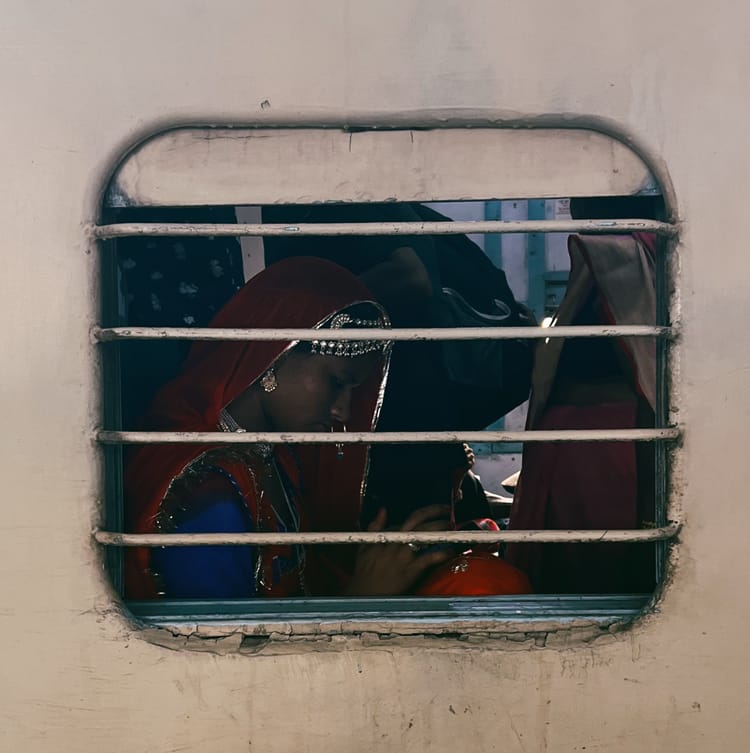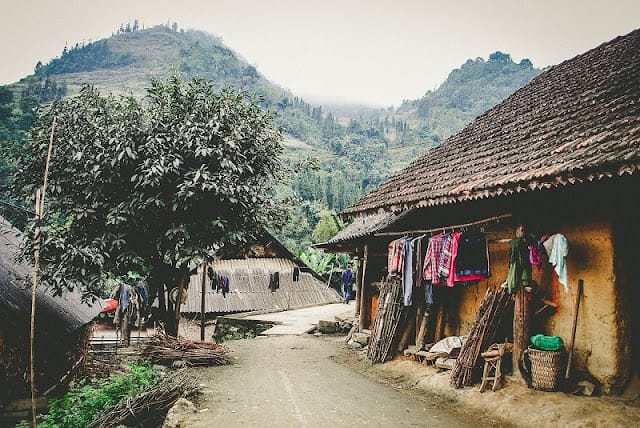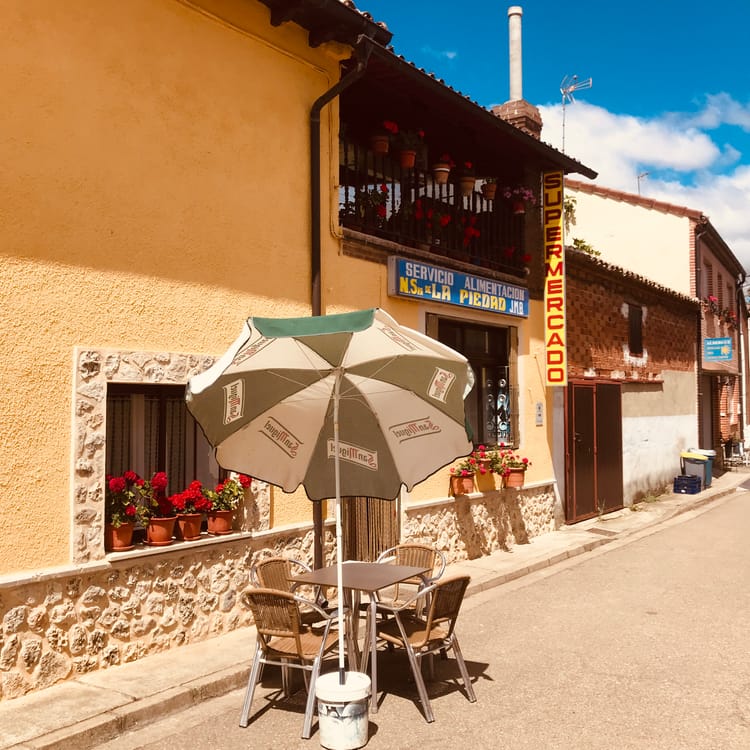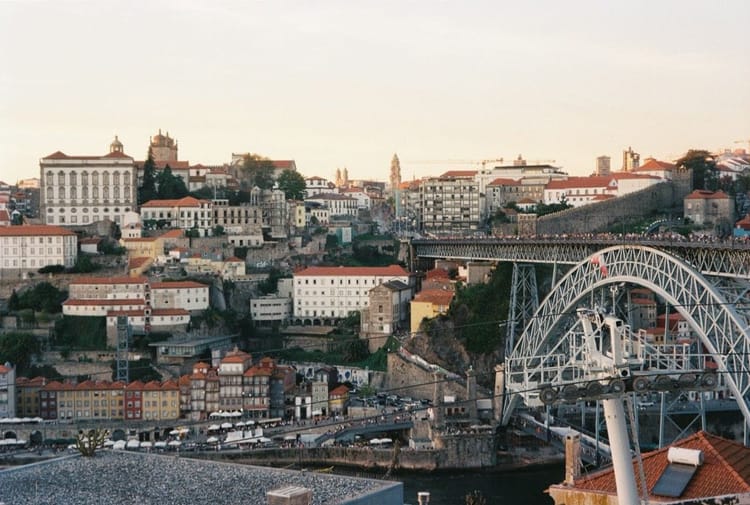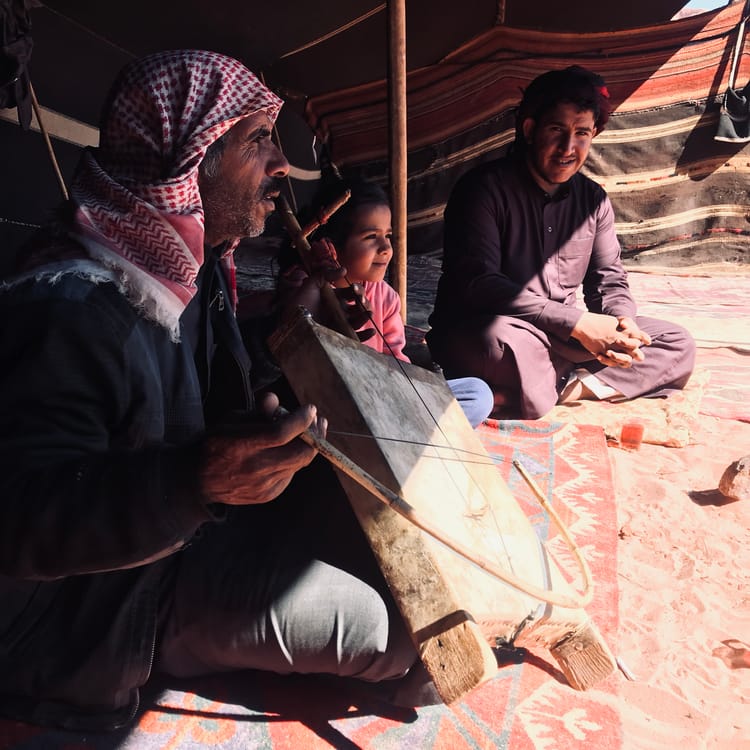Tangier: Ode to Moroccan Kif
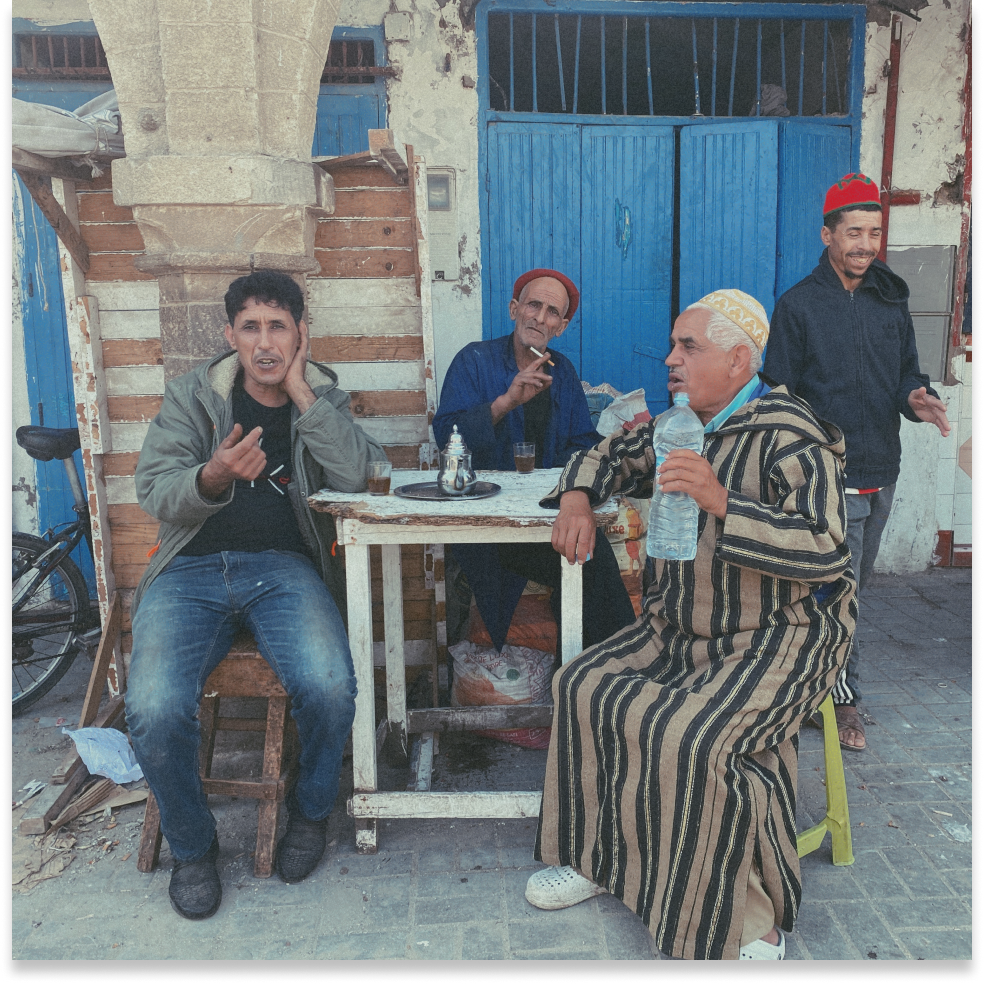
Ah, Tangier.
Morocco's seedy, bohemian wonderland.
Originating as a Phoenician trading port, the Greeks claimed the city was named Tingis after Atlas's daughter. Yet, the modern Arabic and Berber translation is Ṭanjah (طَنجة, ⵟⴰⵏⴵⴰ).
Following nearly three millennia as a cultural nexus on the Mediterranean, in 1923, Tangier became an international zone controlled by colonial powers. The result was a cosmopolitan society where Muslims, Christians, and Jews existed amidst reciprocal tolerance.
During its colonial years, it was Europe's despotic backwash. Home to American and European businessmen, diplomats, spies, writers, and bohemians. Expats arriving in Tangier found a world vastly different from the conservative, restrictive, prohibition-riddled monopolies they'd left. It was a murky world of the "Other." Frowned upon. Feared.
Each generation has etched its mark on and found its unique groove in this ancient port city steeped in mystique, where dropouts, artists, prostitutes, and drug addicts mingled unashamedly at arm's length from the Continent under a sleepy malaise of Hashish and opium.
Old Tangier remains largely unchanged: a labyrinth of tiny, winding medieval streets, replete with all the usual suspects who toothlessly stare out at you from darkened shop alcoves offering an eclectic array of items and services.
Situated at the gates to the Mediterranean and with Spain across the water, Tangier's geographic and geopolitical position has ensured that life in its streets is more liberal and more relaxed than elsewhere in Morocco.
Unlike the rest of the country, booze here is not a demonic serum, a shameful, Haramic pastime for the degenerate and decrepit. It's celebrated, and the streets are awash with little bottle shops and dive bars where old men drink their Storms and Casablanca's contentedly under clouds of cigarette smoke, football matches, daytime soaps, and neon lights.
We arrived at Tangier station from Fez after spending four hours in a "first-class" train booth with one of the most unpleasant creatures imaginable. He spent the entire journey picking either his decaying teeth or his yellow, overgrown toenails, using them to claw open the compartment door, and burping casually as he screamed into his burner phone.
We couldn't get out of there quick enough.
Manu arrived in the early hours of the following morning, in time for my 31st birthday. We spent it having eggs and strong coffee and getting stoned in the morning sun at Cafe Tingus, one of the early bohemian crowd's oldest and most beloved cafes that flocked into Tangier's seedy, desperate streets. From Tingus, we meandered to Cafe Baba, where we spent the rest of the morning doing much of the same, surrounded by a thick haze of smoke, muffled giggles, and the smell of mint tea boiling as Muddy Waters serenaded us in the background.
Tingus and Baba were another world. A multiverse away from the Morocco we'd inhabited for the last few months, a country perpetually restrained by archaic religious and social taboos. A world where, for locals, to be seen drunk, stoned, or enjoying any form of mildly erotic public affection was unthinkable.
We spent the afternoon having a long homemade lunch in our apartment as the Mediterranean wind caressed us from the open windows, the Andalusian coastline visible on the horizon. The girls had a siesta while I found a seedy little bar across the road where old men sat at an awful Hawaiian-themed bar drenched in cigarette smoke, watching American TV with Arabic voice dubs. I ordered two Casablancas and found a comfortable vantage point to witness one of the men attempt to charm a lady of the night. After three months in one of the most conservative countries on the planet, seeing unbridled, honest debauchery was heaven.
We spent the next week wandering the streets, making endless pitstops at the cafes to smoke joints and scouring the markets for fresh produce. The city was teeming with a refreshing aliveness and seediness. It still possessed a semblance of the same conflicted, colorful soul Bowles described. Yet, it contained an element of unexpected refinity, a fusion of all the beautiful elements of Moroccan and Mediterranean European culture and the edge of all port cities.
If Tangier's your last port of call in Morocco, you'll be pleasantly shocked by the startling contrast to the rest of the country. If it's your first, you'll find it a rather gentle transition into an ancient and fascinating culture that is too often misunderstood and feared by generations of Western European homebodies clinging to the hollow, hyperbolic words of plastic news anchors.
Ultimately, although every well-intentioned guidebook and government infomercial on earth would advise you against interacting with the seedy, slinking dope fiends stumbling half-baked around the shadows of the medina advertising their Kif, I insist that the magic of Tangier, and indeed, Morocco in general, hasn't been truly tasted, digested and experienced until your afternoon is bathed in the warm glaze, the soft cradle, of North African Hashish.
After all, Kif is as inherently Moroccan as any contrived cliche you've seen for sale at Menara Airport.
So, forget your friend's bad experiences and your parents' borrowed hyperbolic warnings about being fleeced in Morocco.
Forget the fear-riddled stereotypes of Islam you've subconsciously carried with you.
Dive into the streets.
Try the fresh bread, still steaming atop the street vendors' carts. Spend lazy mornings reading on the Cafe terraces and drinking black coffee among the chain-smoking locals.
Politely decline anyone flogging you authentic Raybans for 10 euros, and say YES to a rip of a ceramic pipe wherever and whenever such an offer presents itself.
The taxi drivers will definitely try to hustle you, the medina will be sketchy at night, and you will rely more on intuition than you imagined.
But these are, in my opinion, all the more reason why you should throw yourself into the chaos.

